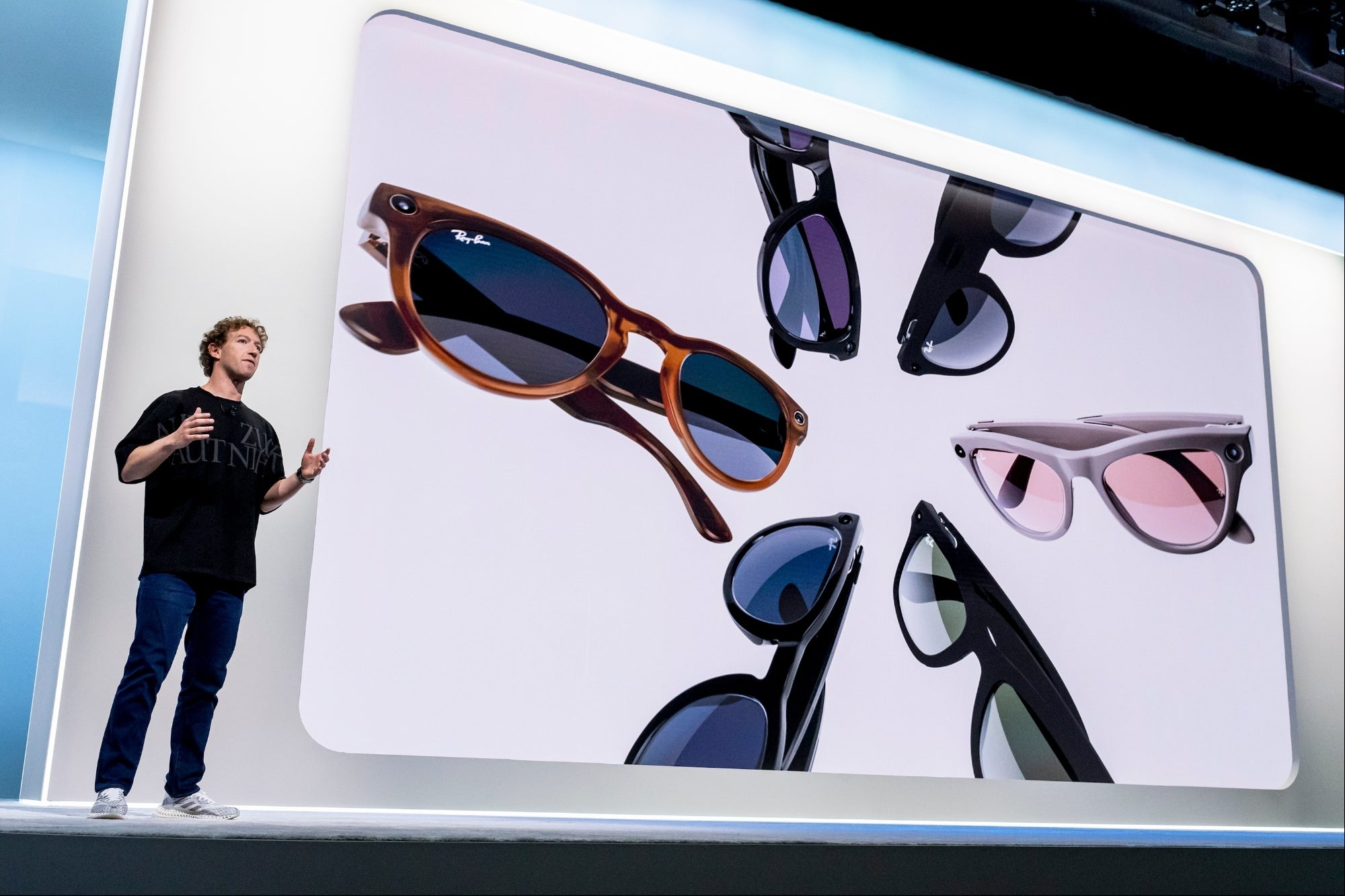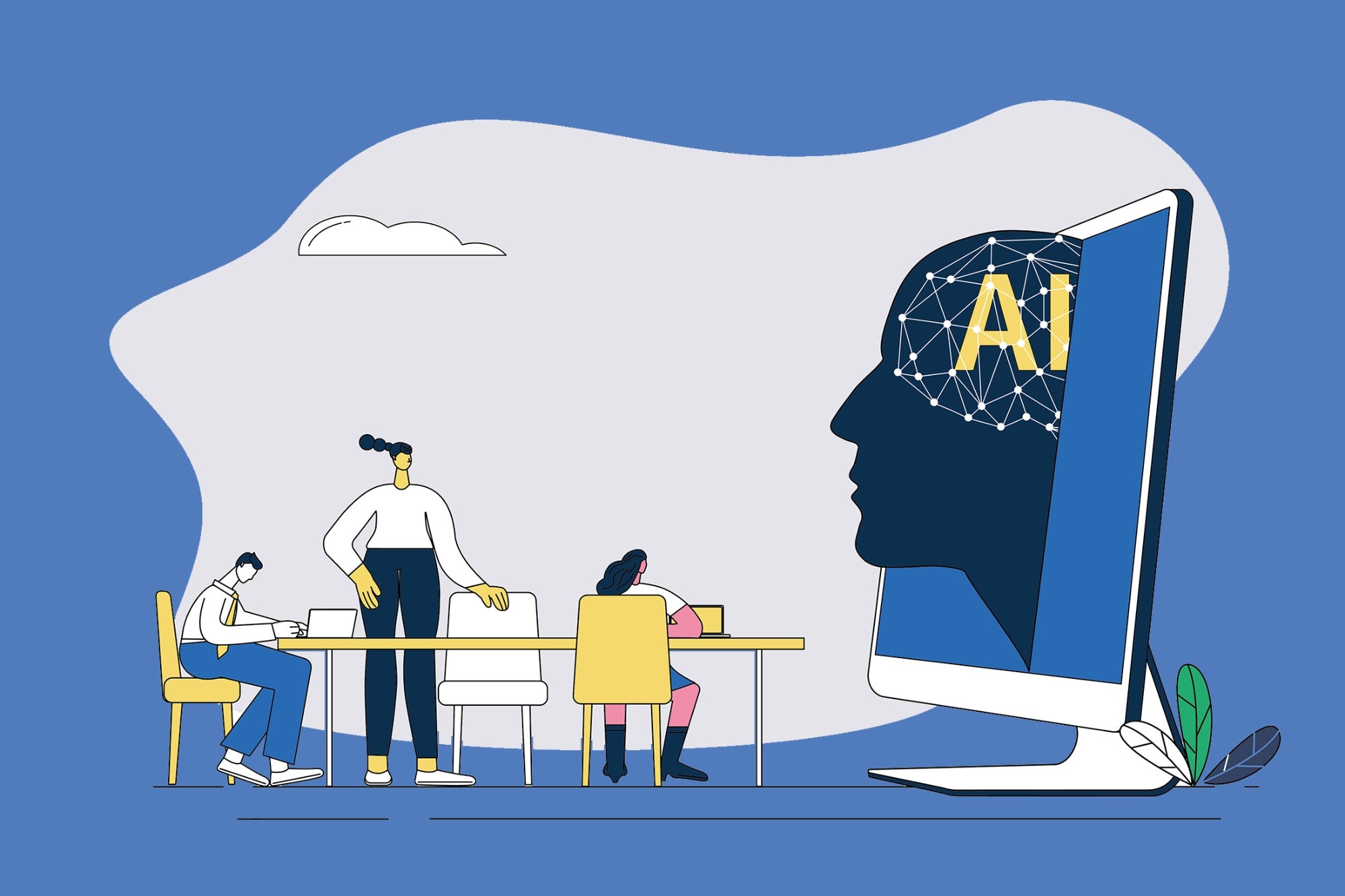If You Give People This 'Discovery' — They'll Buy From You Instead of Amazon Creating a unique retail experience doesn't have to be a big flashy production. We're all just looking for a story that makes us feel good about ourselves.
By Frances Dodds Edited by Mark Klekas
Key Takeaways
- Shopping in-person, there's no algorithm serving you more of what you already know about; the real world is unpredictable—and that's exactly what younger shoppers want.
- As Gen Z builds their buying power, the biggest investments local retailers can make is in their brick-and-mortar locations.
- This ability to discover something and to feel connected to a local community is an experience. And it gives the customer a story to tell their friends as they justify the purchase.

Last week, I saw the sad news that one of my favorite shops was closing its doors after 22 years of business. Lulu's Cuts and Toys, which sold kids' toys and haircuts, was a mainstay in the Park Slope neighorhood of Brooklyn. I don't have any children of my own, but Lulu's was always go-to destination for my nieces' and nephew's birthdays and last-minute baby shower foraging. The place was stuffed with soft, surprising things — a cozy haven for unique and nostalgic discoveries: cute vegetable pun onesies, the classic whoopie cushion, stretchy rubber rainbow-colored ramen noodles, assorted Harry Potter wizard wands, etc.
The business announced its closure with a note taped to the window (and its digital counterpart, a post on Instagram), signed by the owner Brigitte Prat, and her daughter Lulu, the store's namesake. It read, in part:
As a single mother and first-generation American, this community is not only where I grew my business's roots, it is where I raised my daughter. Given the continued growth of big-box online shopping (Amazon, etc.), it is sadly no longer viable to keep our small business thriving with a storefront.
We hope this serves as a reminder to support small businesses in the community. Their products may be $1 or $2 more than Amazon (but often, they are cheaper!), and in exchange, you get personalized customer service, more local jobs, more income circulating within the community (and out of multi-billionaires' hands), a shopping experience that is better for the environment and a neighborhood that feels like a neighborhood and not a corporate strip mall.
A message like this can feel like a hopeless petition posted to the void — a sentiment that most people agree with wholeheartedly… before returning to their same old convenience-driven spending habits. But the note about price comparisons was interesting, and reminded me of a conversation I'd had recently with a marketing professor at Babson College, Lauren Beitelspacher.
"A lot of times customers automatically default to, 'Oh, I can get it cheaper on Amazon,' which is actually not true a significant amount of the time," Beitelspacher said. "So if local store owners can offer education or just say, 'This is the price on Amazon, it's the same, or less, or whatever,' they can help people overcome that sense that shopping local is always more expensive."
Beitelspacher is an expert in retail management, supply chain, and buyer-supplier relationships, and I called her to talk about the future of retail. Specifically, I wanted to get her take on the retail "experiences." For example, Michael's partnering with local teachers to offer art classes, cheese sampling nights at Whole Foods, or Lululemon's complimentary yoga classes.
The concept of experiences as the future of brick-and-mortar retail has gotten a lot of buzz lately — and because smaller, local businesses often don't have the margins to spend on those sorts of experiential productions, I wondered if there were unconventional ways they could approach the strategy.
Related: Is There Life After Amazon Go for Your Local Retail Cashier? 4 Lessons This Technology Offers
Beitelspacher's main insight was a little counterintuitive. "There's all this pressure to have these great experiences, but it's kind of a nebulous concept, right?" she said. "Like, what is an experience? Is it an interesting cooking class? A wine-tasting class? I think something that gets overlooked sometimes is the simple act of stocking unique products. Allowing the customer an experience of discovery goes a long way. Every customer wants to tell a story about something that they bought. If I were to compliment you on something, you would probably either tell me you got it on sale, or you would tell me this interesting story about it, like, 'I was traveling through New England and wandered into this really cute shop!' This ability to discover something and to feel connected to a local community is an experience. And it gives the customer a story to tell their friends as they justify the purchase."
I have begun to notice a certain measure of chagrin in people's voices when asked where they got something, and they're forced to admit, "I bought it on Amazon." (I count myself among the guilty, having whispered "just one more year" when my Prime auto-renewed last month.) We all know better. Increasingly, it feels like an admission of carelessness or laziness, an embarrassing lack of interest in the who/what/when/where/why of how you spend your money. But it feels like the tipping point is near for more and more of us. Beitelspacher explained:
"Handcrafted, artisan, locally sourced, micro-entrepreneurs in developing nations — all of that language makes customers feel like they're making a responsible quality choice and that they're getting something exclusive.Those brands are telling a story customers are excited to tell about themselves... just as long as it doesn't cost them too much more. That's why it's important to educate them on comparable prices, and if something is more, why it costs what it does."
For Gen Z, this kind of transparency, responsible messaging, and instinct toward thoughtful curation is vital. Every week there's a new report on how the youths want to buy from brands that align with their values and that they love to shop in person.
Related: Customers Calling to 'Cancel' Amazon Prime After New Price Hikes Announced
"I will tell you, I interact with Gen Z all the time, and these reports are spot on," Beitelspacher said. "They genuinely love to shop in stores! My hypothesis is — and take it with a grain of salt because I haven't studied this — but, you know, Gen Z are digital natives, right? So it's almost like the in-person is unique because it deviates from their norm. It's an interesting experience."
In person, there's no algorithm serving you more of what you already know about; the real world is unpredictable — and that's exactly what younger shoppers want.
Of course, certain stores carry more capital with Gen Z than others. Companies like Whole Foods, Trader Joe's and Target often partner with sustainable, local, artisanal, international, or DTC brands that appeal to Gen Z because they clock as authentic, which creates an element of discovery in the shopping experience. And of course, local small businesses are the most authentic of all.
Beitelspacher says that it may seem basic, but it's worth repeating that as Gen Z builds their buying power, the biggest investments local retailers can make is in their brick-and-mortar location — "they need to be in a place that's desirable and convenient for the customer" — and a thoughtfully curated inventory of unique brands that give shoppers the thrill of discovery, and therein, a certain kind of story they're proud to tell.
"Right now, the older generations who have the most money are still shopping online. But the people that are doing to have the money in 15, 20 years—they want that in-person experience," Beitelspacher said. "So between now and then, as citizens, if we don't wanna see those main street storefronts empty, we have to remind ourselves to support them."
Related: Lessons All BIZ Experiencess Can Learn From the Shop Local Movement











